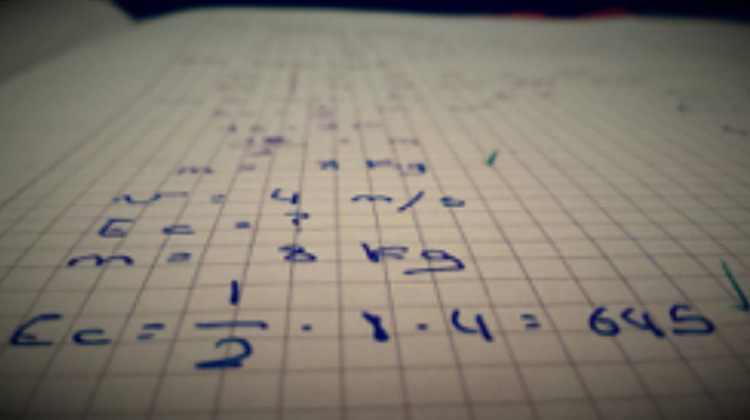Maths and science decline can be defused

Another PISA and there’s another round of concern around how badly the students are doing at maths, there are future consequences, dire ones, a workforce lacking maths proficiency is at a severe disadvantage.
“The test scores by themselves are really not that important,” Professor Diane Donovan, from UQ’s School of Mathematics and Physics, said. “What is important is the fact that our education system is not equipping our students with the necessary skills and knowledge to survive in this technological age.
“With our dependency on technology, it’s vital Australian students are able to perform at the highest level, showing a capability for advanced mathematical thinking and reasoning.”
There needs to be a change in the way maths is delivered and context is a good place to start if you want to inspire students to continue with the subject.
Australian Council of Learned Academies STELR (Science and Technology Education Leveraging Relevance) program, is a hands-on, inquiry-based, in-curriculum resource that shows students how science and maths are relevant to their lives and future careers.
STELR appeals to students’ concern about global warming, climate change and sustainability and puts maths within those contexts. The modules are aimed at students from years 5 and 6 up to year 10, STELR provides ongoing opportunities for kids to practice their science skills and build on their science knowledge.
Australian Academy of Technology and Engineering which represents Australia’s leading experts in applied science research strongly supports the concept of “learning through doing” – designing school curricula to favour applied as well as theoretical STEM teaching.
Education Forum chair Professor Peter Lee called for NSW to follow South Australia and introduce the concepts of students designing and completing “major projects” in secondary school.
While large scale curriculum reform is needed, the process will take years and risks disadvantaging children currently within the education system.
The Academy suggests the decline in educational outcomes is the product of an ongoing crisis in the field.
“Quite simply, a higher proportion of school students are achieving less than their predecessors,” says Prof Lee.
The perception of the subject also needs to change; “The community also needs to start valuing the benefit of studying higher level mathematics, and we need to help these students transition to tertiary mathematics programs,” Prof Diane Donovan said.
The other part is the teachers, countries that lead in science and maths education have inspiring teachers who are well trained in a STEM discipline and in pedagogy.
Esteemed, well-paid teachers working in meritocratic career structures, who have a focus on knowledge and disciplinary content, and active curriculum reform with more engaging, problem/inquiry-based learning, and critical and creative thinking are the basis of a strong maths science culture.
“…a significant proportion of teachers who have left teaching need to return to the education sector. “Let’s also start employing specialist mathematics teachers to educate a bigger proportion of our students, while ending the practice of using out-of-field educators to teach mathematics,“ Prof Donovan said